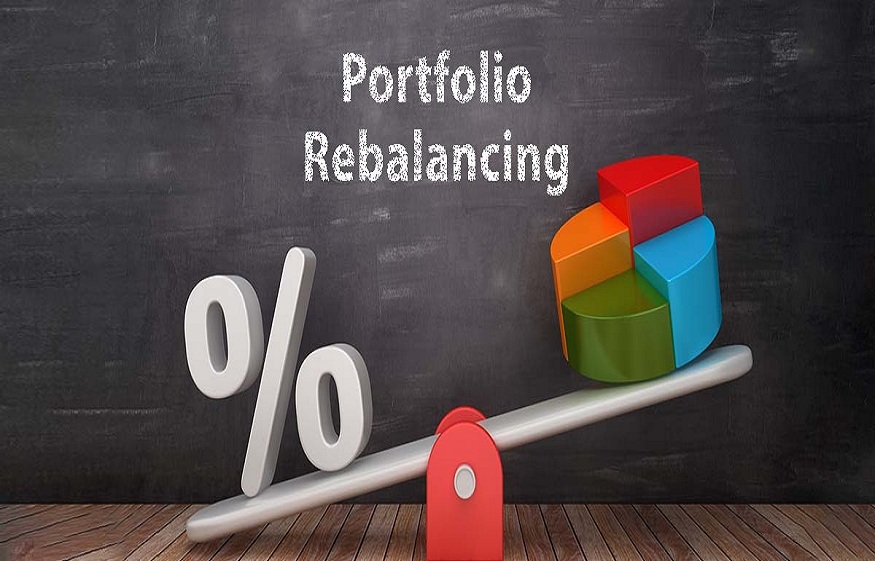A vital component of any investor’s increasing wealth has a correct asset allocation after taking risk profiling, investment philosophy, liquidity, tax level, etc., into consideration. One must invest in asset classes that are opposite or less closely related through asset allocation. Each asset class has a unique cycle.
Through MF plans, which give investors and advisers a range of options, an investor can partake in numerous asset classes. Mutual funds, which have professional experience in arbitrage, equity, fixed income, precious metals, and REIT MFs, are one of the most transparent and tax-efficient investment vehicles available.
Frequency of Rebalancing
Rebalancing is used to keep the asset allocation at a desirable level. The balance here between portfolio asset allocation and the desired asset allocation stays dynamic. It may shift over time for a variety of reasons, even though an investor may well have invested with its ideal asset allocation levels in mind:
Performance Changes –
The portfolio needs to be rebalanced regularly for this primary reason. The portfolio returns may affect the asset allocation and move away from the desired asset allocation. As an illustration, a portfolio of investments with a target allocation of 70% equity and 30% debt for long-term goals would consist of investments of Rs. 70 in equity and Rs. 30 in debt. However, after a year, equity gains were 20%, while debt valuations stayed roughly the same.
The portfolio valuation changed to Rs. 84 for equities and Rs. 30 for debt. As a result, they were yielding an asset allocation of 74:26 for bonds and equity after one year. The investor would have to sell 4% of the equities and invest in debt to keep the desired asset allocation. However, the exercise in asset allocation must be performed at regular intervals and should result in less frequent portfolio turnover or churning.
Investing Preferences
The investor’s investing choices frequently alter over time due to experience and shifting risk tolerance. For instance, an investor determined that his optimum asset allocation was 50% debt and 50% equity fund and made investments accordingly. However, as he gained more knowledge of the financial markets and grew more confident in the equity markets, he decided to allocate a larger portion of his portfolio—75%—to equities for long-term objectives.
Financial Goals
Financial objectives may alter, resulting in a lower or higher requirement. For instance, an investor made investments intending to sell a house for Rs. 3 crores after 10 years. However, the goal sum has now been lowered to Rs. 2.5 crores as a result of the real estate market’s downturn.
In this situation, the investor may reduce the monthly investment amount or consider lowering the return expectations for the investment portfolio by raising the debt allocation. Debt often offers the investor somewhat consistent profits. To preserve the desired asset allocation, the investor might need to partially sell equity investments and place the proceeds in the debt portfolio.
Market Valuations
The portfolio may need to be appropriately rebalanced depending on market valuations. “Buy low, sell high” is a universal investment maxim when investing in stocks. One should allocate more stock when the equity markets are running at relatively low valuations so that they can profit from the current prices.
To avoid portfolio losses during market crashes, one should seek to record profits when markets are trading at slightly higher valuations and rebalance investments toward cash and debt. Dynamic asset allocation funds offer a similar investing technique and retain dynamic asset allocation according to market valuations, while an individual can perform such portfolio rebalancing manually.
Conclusion
At least once every year, one should aim for regular portfolio rebalancing. Additionally, portfolio rebalancing depending on market values might need to be scrutinised more closely. Investors might delegate this task by investing in funds with dynamic asset allocation.



